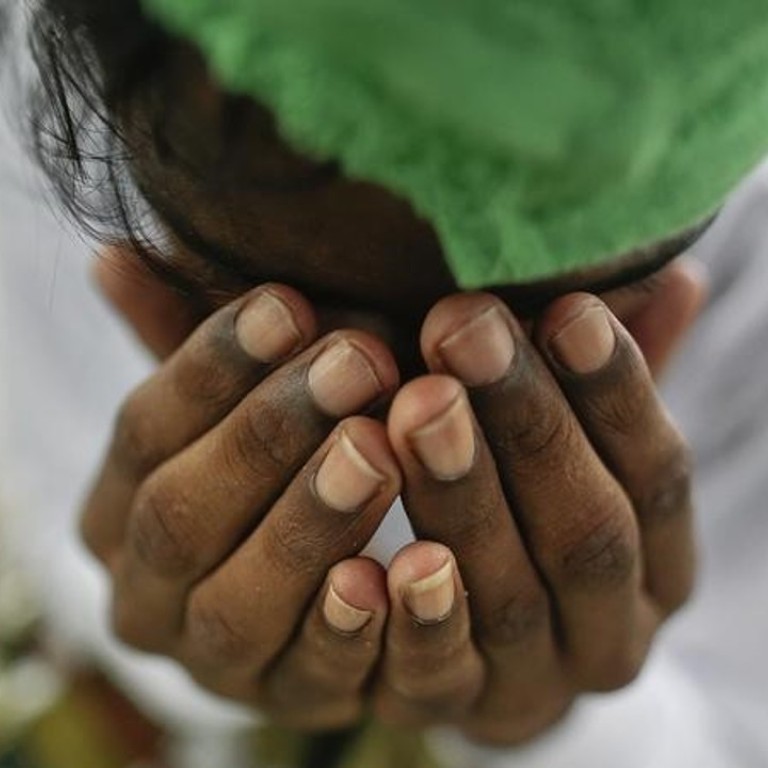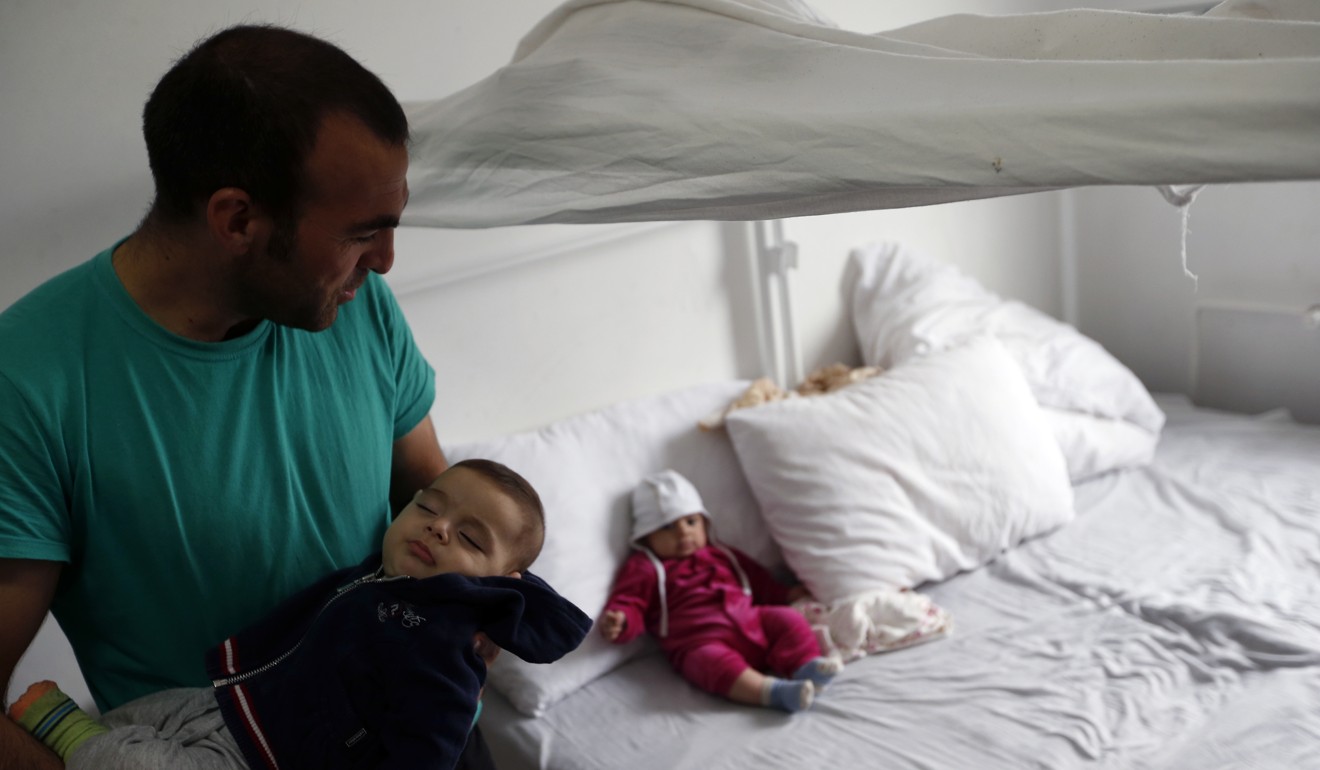
Global agreement on migration can deliver a blow to traffickers of human misery and suffering
Yury Fedotov says an international effort is necessary to enshrine expectations on the treatment of migrants and refugees, as well as to break down criminal organisations who trade in people
“When I refused to sell my body, they sold me to another brothel.” This is the heart-rending testimony of a 13-year-old Nepalese girl named Skye, trafficked by relatives to India. Skye’s story ends better than most.
Together with her sister, Skye escaped from the brothel, returned to school and now works for the Nepalese organisation that rescued her: the globally renowned Shakti Samuha. But, for every survivor like Skye, thousands suffer in silence, gagged by the threat of violence and blackmail.
How did it come to this in the early 21st century? Large numbers of victims are trapped in a hopeless circle of migrant smuggling and trafficking. The petrol fuelling these crimes is instability and insecurity.
Plug Hong Kong’s legal loopholes on human-trafficking and forced labour, legislator tells officials

Petitioners urge legislation to outlaw human-trafficking in Hong Kong
We have the tools to disrupt organised crime networks through intelligence sharing, joint operations, financial investigations and coordination across local and regional borders. But it takes resources and an unyielding commitment.
Criminals are exploiting gaps in our international system that leave people defenceless and vulnerable to violence and enslavement. Our response must be founded on the rule of law, and we need to work together, share responsibility and acknowledge that we can and must do more to stop human suffering.
The UN Office on Drugs and Crime promotes a trust fund for trafficking victims that has helped thousands become survivors around the world. Our unique Blue Heart Campaign supports the fund, and is a powerful advocacy tool to shout out the message that we all have to act if the criminals are to be defeated. Such efforts are vital.
If adopted in 2018, the global compact has tremendous potential to enhance safe, orderly and regular migration and deal a concerted blow against the smugglers and traffickers. This is a generational opportunity to help every human being live in dignity. Let’s dare to seize the moment.
Yury Fedotov is executive director of the UN Office on Drugs and Crime
